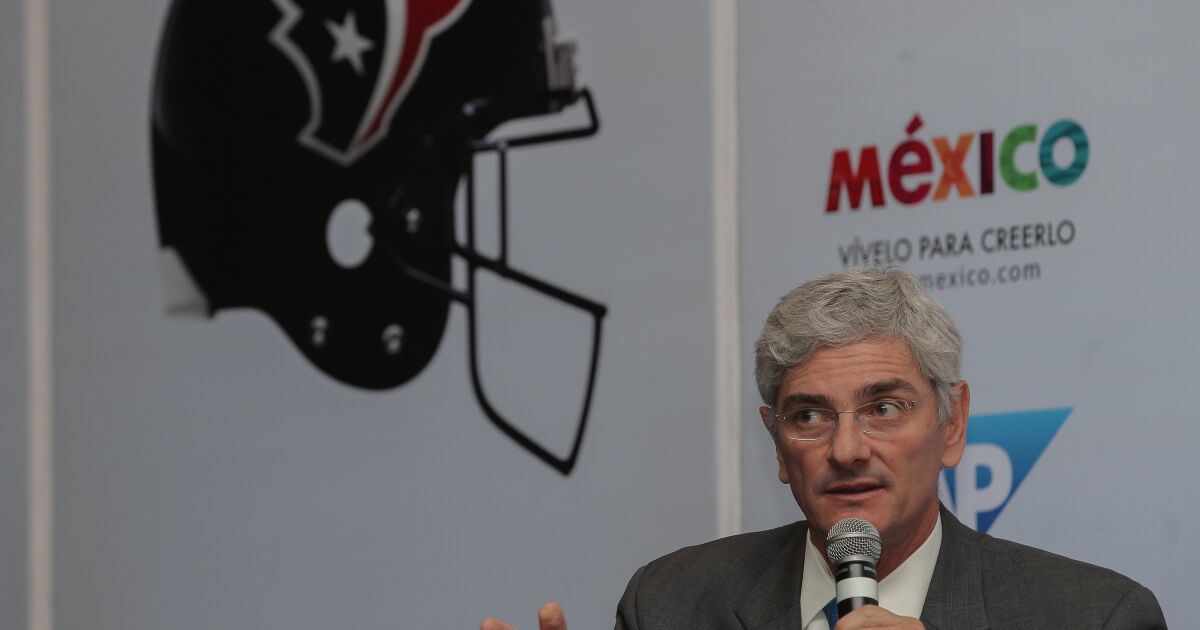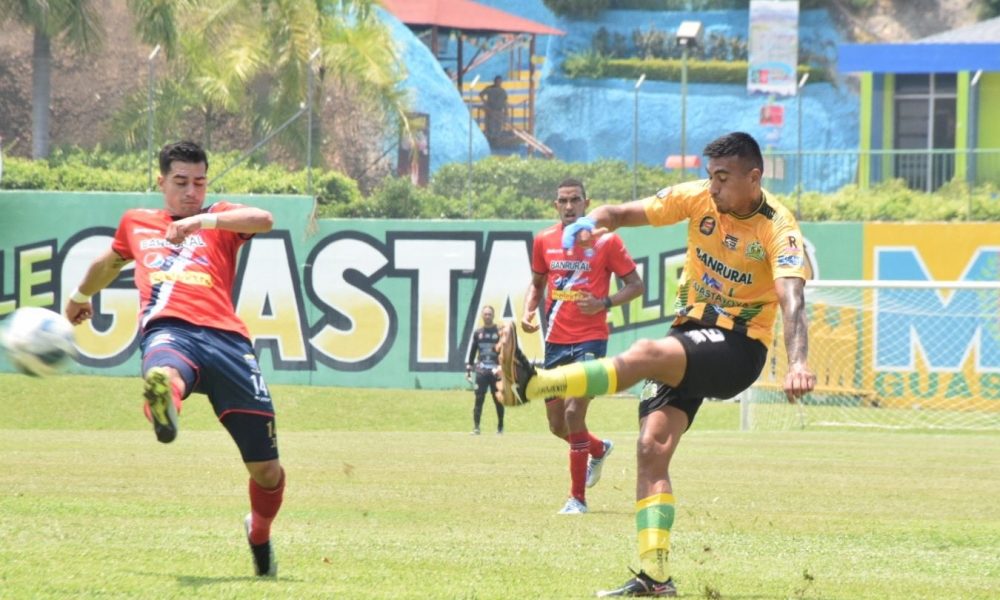Players reveal years of humiliation in the Spanish national team | Main sport

Defense Marta Corredera is one of those who appeared in a book she does not call girls, but rather women footballers, where she recounts her differences with the Spanish coach over a “hole” in the navel. Photo @ Corredera7
Madrid. The humiliating comments and contempt are part of what the Spanish national team has suffered under coach Ignacio Querida, which is revealed in the book. You don’t call them girls, you call them football playersIn which journalist Dana Boronat wants to give voice to women’s football.
“In the end, what the players did was lose their fear and they told me about it as a way to turn the page, to say, ‘We are already on another plane,” she said.
“Over the years when the situation hurts or embarrasses you, you dare more” to talk about it, adds Boronat, who recounts how players naturally opened up to her in interviews to write the book.
Players such as Real Madrid defender Marta Corredera; Barcelona players Jenny Hermoso and Vicki Losada; AC Milan player Veronica Boqueti, or former footballers like Alicia Fuentes, contributed their testimonials to this work.
Losada released a strong pulse when she revealed that Quereda asserted, “I want to eradicate lesbianism and bad habits.”
Corredera stated that he was wearing a Superhero On the navel: “I can’t count the number of times I was going to come and lift my shirt. He scolded me saying,“ Take this off, it causes an infection… again with that. ”When I got to focus I took it off to tell the technician:“ I don’t wear it anymore, don’t lift My shirt anymore, “Corredera recalls.
“Harassment of players has been the usual reinforcer in the way they act and express themselves,” Boronat wrote in the book. The journalist said, “Although I really think most of them told me without trauma, without being tortured, they admitted they felt hurt or emotionally affected a lot.”
“They didn’t understand why they had to endure these losses to be with the first team. Boronat said some barely talked about it with their families, it’s things she wouldn’t like to say, he swallowed it, a little bit on their own.”
Querida took over his training from 1988 until his resignation in 2015, after the controversy that occurred when the internationals asked for his dismissal, after he was eliminated from the first round in the World Cup in Canada, the first for the Spaniard.
He has been replaced by current strategist Jorge Velda, a technician with “a modern working method suitable for an elite team”.
Cards on the table
“Now stop being afraid and consider that we have already overcome that time, but it is necessary to put the cards on the table, and let them know that they have overcome such unfortunate situations,” Boronat said.
“I hope this will help reveal other cases, to end the practices that certainly exist in many clubs and real estate,” the journalist added, “which is” unbelievable that for many years there has been a lot of impunity in the humane treatment of female players. “
The book is translated From abuse to recognition: the struggle for football equality, Is an X-ray of the development of Spanish women’s football that Boronat believes is still “in the gesture stage”.
“It is necessary to move from specific initiatives to appear in the picture to a solid structure, to a plan to improve team conditions, so that more girls come to football,” says the author, who covered the last World Cup in France 2019, where Spain fell in the 80th against the United States
He said, “The potential of women’s football is the same for men. It is the same audience. When they have the same conditions and tools as they do, there will be no differences.”

“Reader. Beer practitioner. Web expert. Subtly charming travel geek. Friendly music specialist.”











